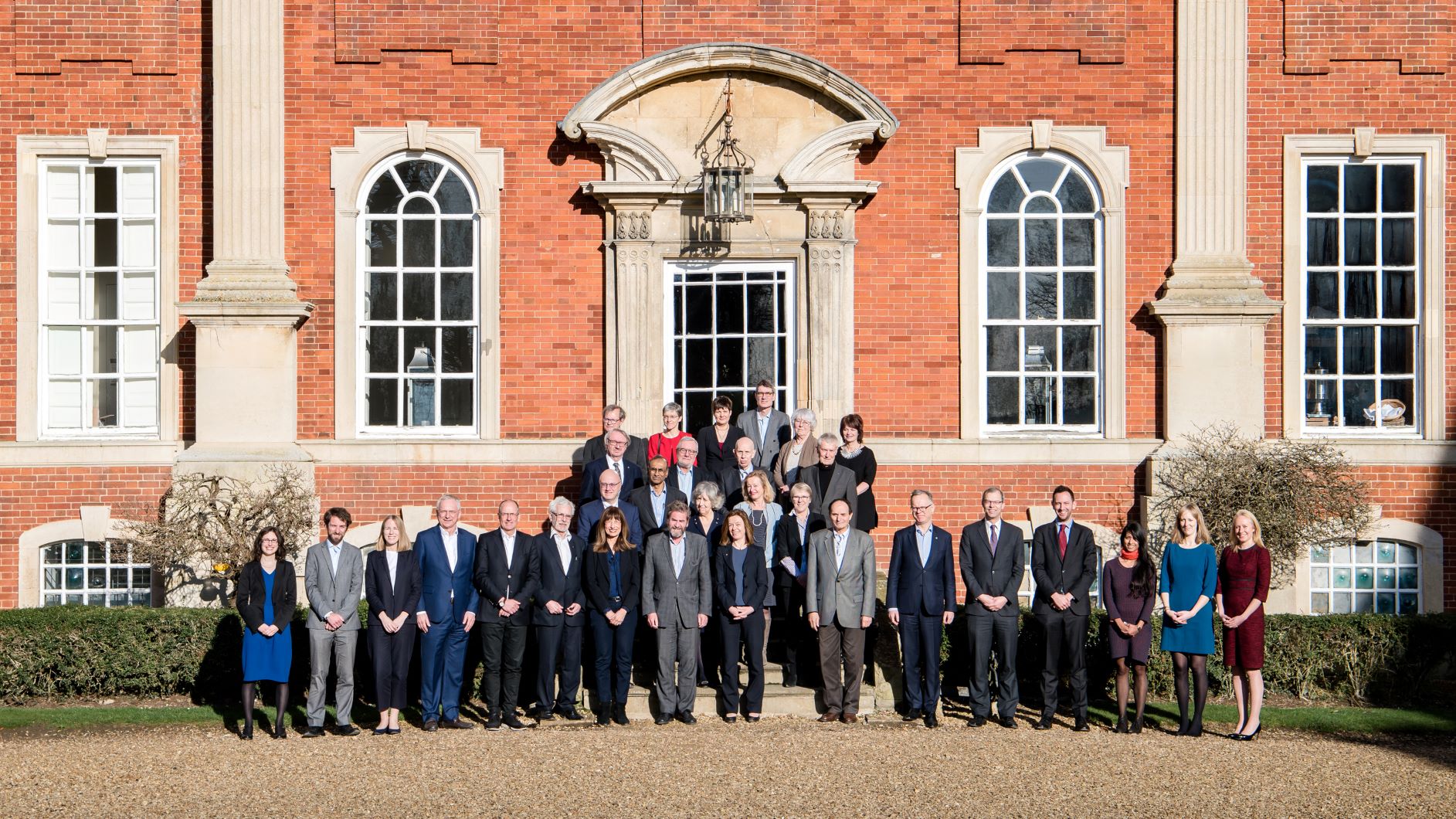
Physiology News Magazine
Future Partnership Project: an ambitious and close future partnership between the UK and Europe
News and Views
Future Partnership Project: an ambitious and close future partnership between the UK and Europe
News and Views
Sophie Bennett, The Royal Society, UK

What do UK and European leaders of science feel is the most important issue for the research and innovation communities in the Brexit negotiations?
Since the EU referendum in June 2016, the Royal Society has been working hard to secure the best possible outcome for science and innovation in the Brexit negotiations.
Earlier in 2018 the Royal Society and Wellcome Trust partnered on a joint Future Partnership Project (FPP) to explore what an ambitious and close UK-EU partnership on research and innovation could look like in practice, to inform the Brexit negotiations and keep the focus on international collaboration as a critical issue.
This project was built on an evidence synthesis on the existing UK-EU relationship on research and innovation, and a wider consultation with the European research community, asking individuals and organisations from across the UK and EU for their recommendations about how future research and innovation partnerships should work in practice.
A residential meeting at The Royal Society at Chicheley Hall in January convened UK and EU science leaders. One output from this meeting was the Future Partnership Project statement communicating the science community’s unified voice to inform the Brexit negotiations, and setting out a shared commitment to an ambitious and close future partnership between the UK and Europe.
The statement demonstrates the commitment of research communities across the wider European Research Area to a future partnership between the UK and the EU that enables excellent research and innovation to flourish across Europe, actively supports collaboration and cooperation, and avoids introducing barriers to them. We want to ensure UK and EU researchers continue to work closely to their mutual benefit and that of the wider global community. We hope that this statement is a valuable step forward in achieving this. The statement attracted support from 55 organisations across Europe, including other learned societies, higher education institutions and research organisations. Signatories range from the Academia Europaea, the European Union’s Academy of Humanities and Sciences, and the French Académie des Sciences, to the Russell Group and British Council.
The enthusiastic support we have received in response to this work is testament to the UK’s position as a leading global scientific nation which is committed to world-class research. However, we can only fulfil this role through international collaboration. Our research provides the foundation for new ideas and discoveries, and fuels economic growth and the creation of high-value jobs. Science and research are critical to the UK economy and environment, its place in the world and the wellbeing and flourishing of its citizens.
On 5 June, the Royal Society published a statement (royalsociety.org/topics-policy/publications/2018/uk-future-relationship-with-eu-in-research-and-innovation/) on the principles that should shape the UK’s future relationship with the EU in the area of research and innovation. The statement made clear that science is a fundamentally collaborative and global enterprise. Scientists based in the UK must continue to be part of the shared European research endeavour and have the best possible access to international funds and the collaborations they support. We must not create barriers to practising scientists seeking to move across borders, but instead provide clarity and certainty, including through regulation and governance, but also through consistently signalling that the UK remains a great place to practise great science.
The EU Framework Programmes offer an opportunity for collaborative science that is unrivalled in scale and impact. Participation in such international funding programmes and arge-scale scientific infrastructure delivers greater added value and leverage for investment by enabling the development of networks and collaborations. These networks allow involvement in programmes beyond the scope of individual groups or even countries; greater influence in the future direction of European and thus global science; and, from the point of view of the UK, give greater visibility to UK science and scientists, making the UK a magnet for top talent, start-ups and investment.
Contribution to and participation in Framework Programmes has therefore been central to the UK’s global scientific effort and should remain so, both benefiting the UK and advancing European and global science. An international vision for science across Europe, with a strong emphasis on excellence, has been set out by the EU. The Royal Society supports this approach and will continue to work with partners across Europe, offering our expertise to help to shape the ninth Framework Programme, Horizon Europe, and in developing the European Research Area.
The FPP statement has support from organisations throughout Europe: royalsociety.org/topics-policy/projects/future-partnership-project/
It is vital that the European research community continues to work together for the benefit of the European research endeavour to tackle global challenges. Updates on the Royal Society’s broader work on Brexit and UK science can be found at royalsociety.org/topics-policy/projects/brexit-uk-science/
